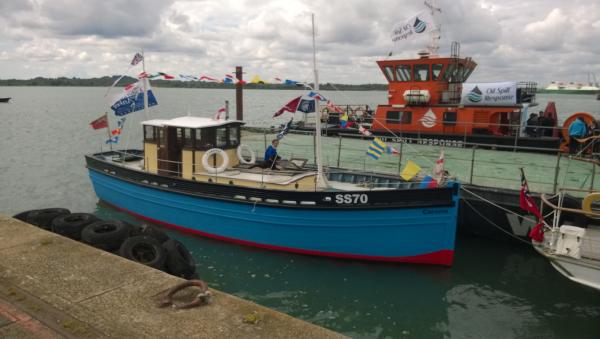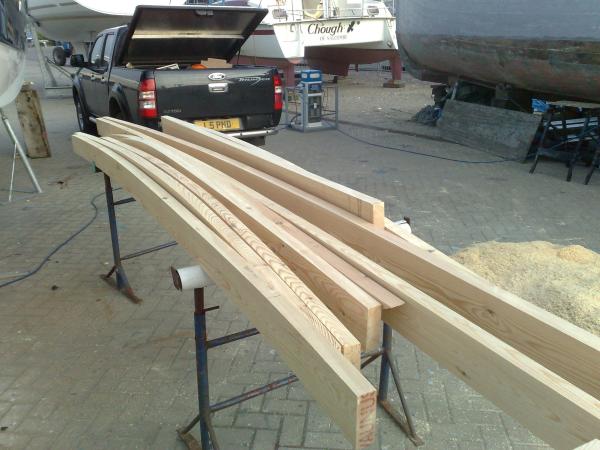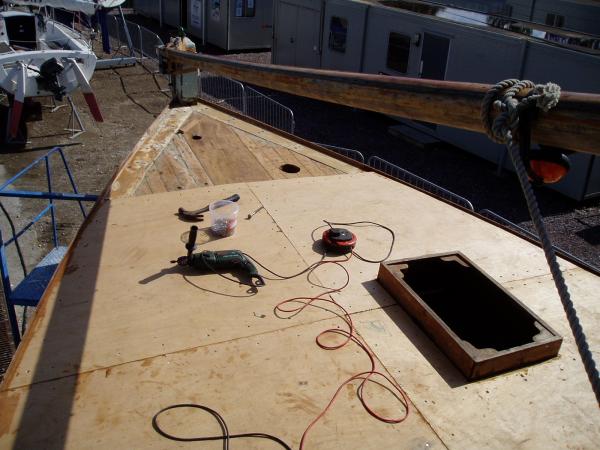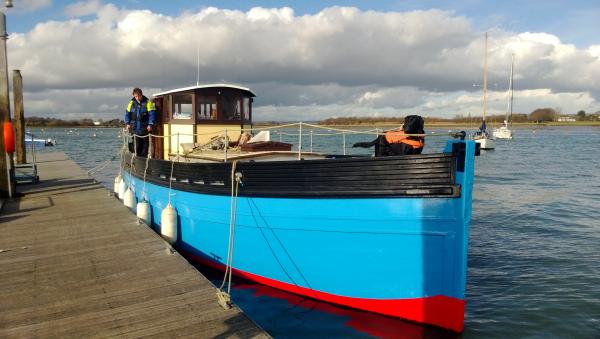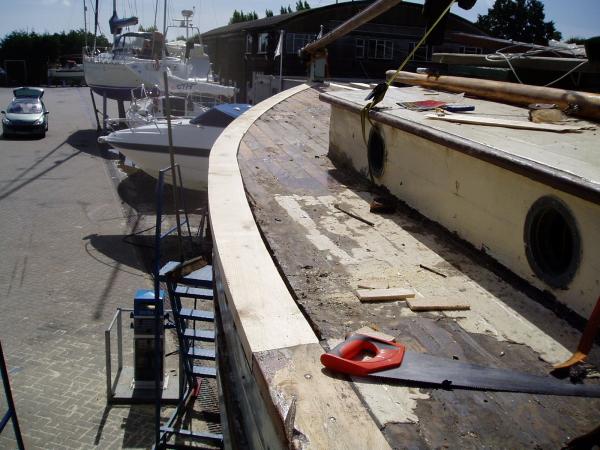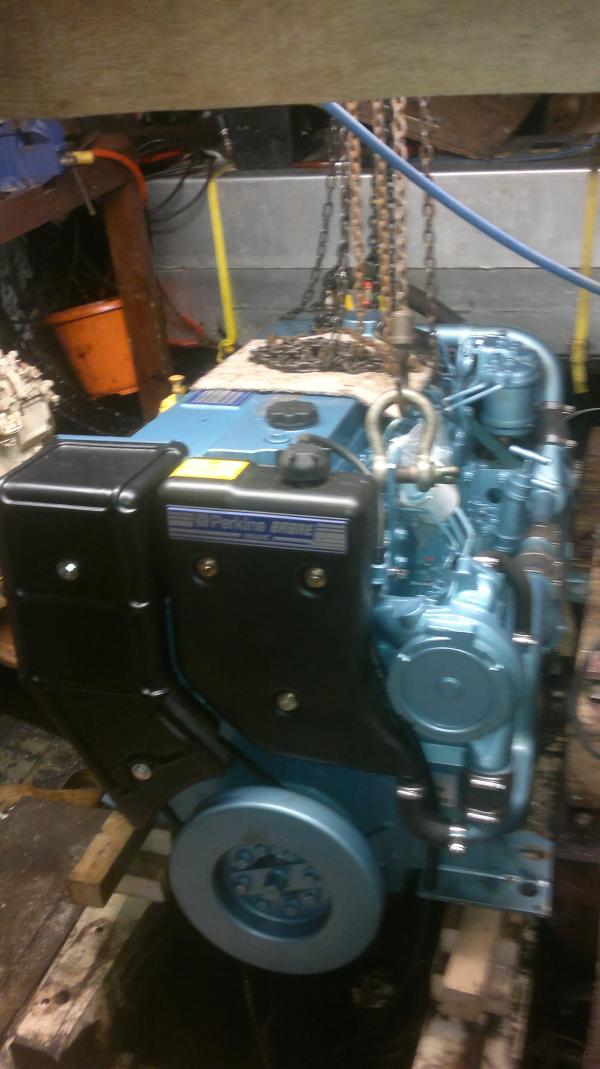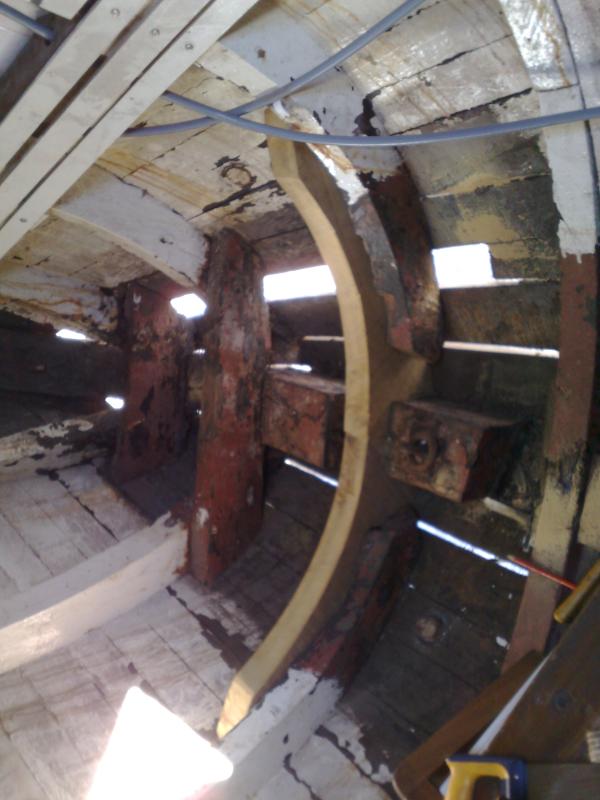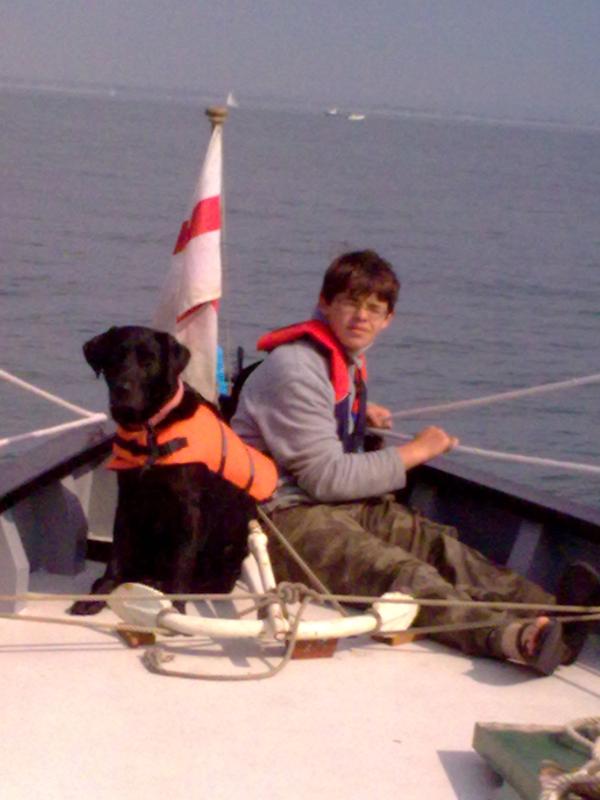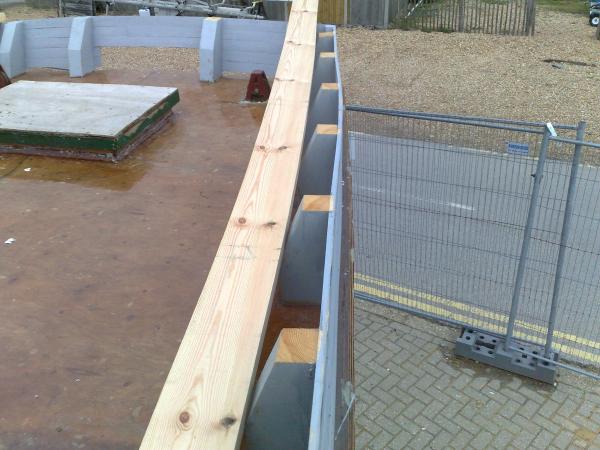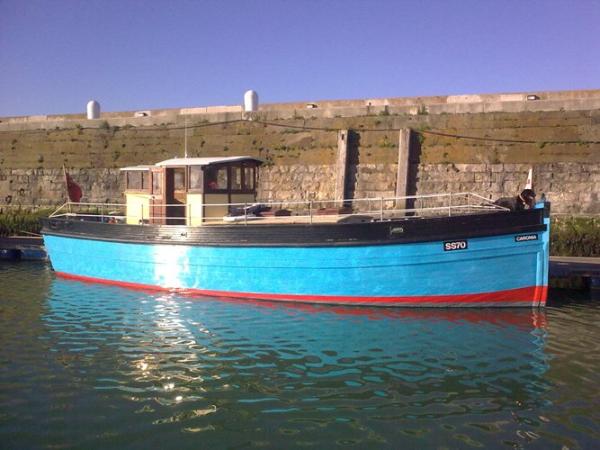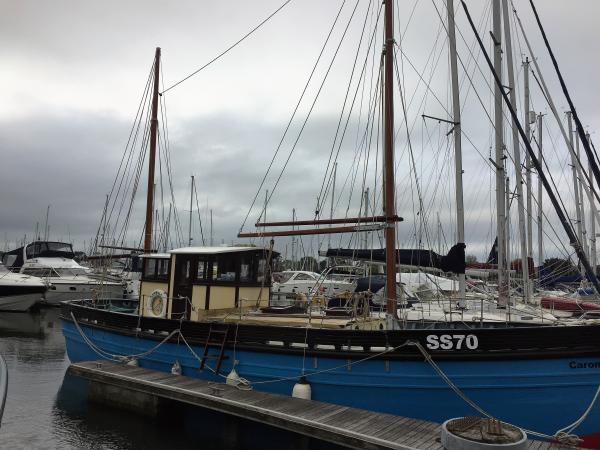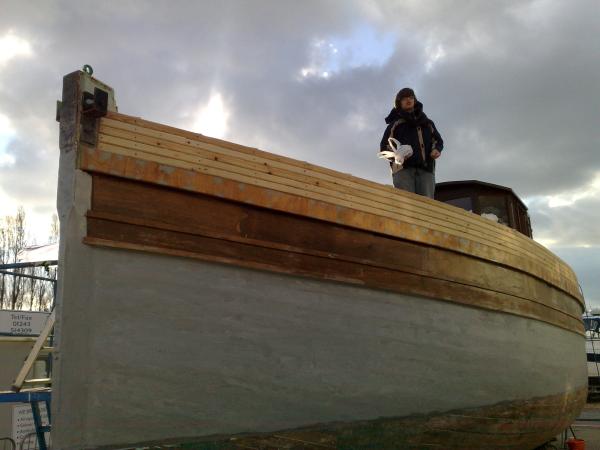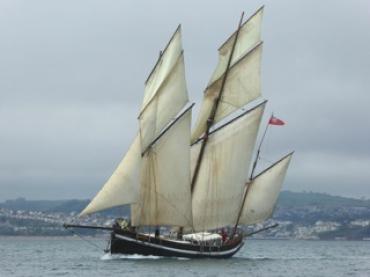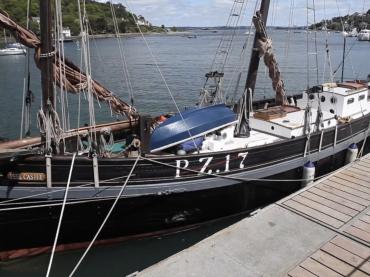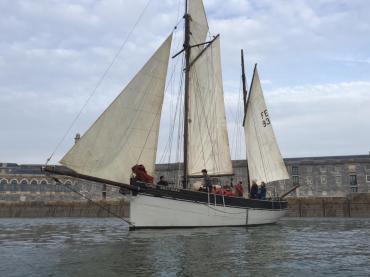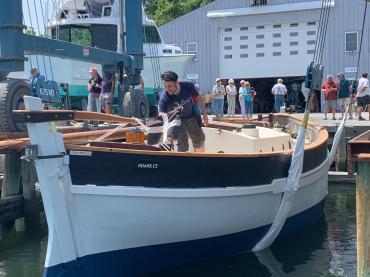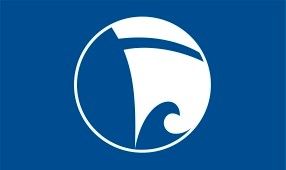
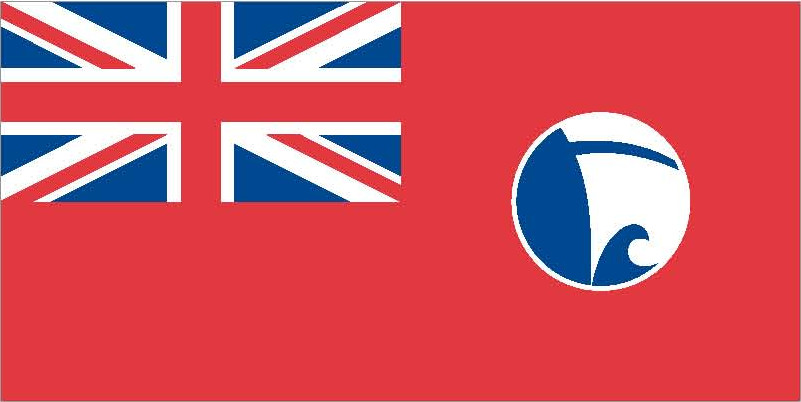

Previous names
- STARFISH
Details
Construction
Dimensions
History
CARONIA was built on the beach in 1927 at Tolcarne, Newlyn, Cornwall by Henry, Theodore & Sidney Peake. She was built for Mike Peters a skipper from St. Ives. Her hull was laid in the traditional form of a St. Ives Gig and she proudly wore SS70 being the registration mark of a St Ives fishing vessel.
Launched at Tolcarne over greased spars, she was then towed round into the harbour by a punt. Here her engines, a 26hp Kelvin in the centre and a 13hp to port were fitted. The engines were installed by Tresidders of St. Ives. The boat was paid for by Mike Peters and the engines by his brother James. She cost a princely £180 to build. She was one of the very first to have engines as her primary power source. These seemingly low power engines were not intended to drive her directly but in fact keep large heavy flywheels spinning and their energy drove the shaft and propellers. The engines also explain her flat transom rather than her earlier sisters who had a counter stern to give space to work the mizzen sail. The shorter overall length also kept her into lower and cheaper fishing licence.
She was completed with tiller steering and a mizzen lug sail. She didn't come home to St. Ives but remained at Newlyn for the summer's pilchard drifting. 'Going to the Wolf', as it was called, was such a success that she was paid for in her first season. Soon after this she was raised and fitted with a gaff mizzen and wheelhouse. It is during this time in Cornish waters stems a tale that she undertook her first act of mercy by coming to the assistance of a foundering passenger liner.
By 1934 the fishing at St. Ives was in a poor state and she was sold to Mr. B. Bennet Burley, a solicitor in London, who had a residence in River Road, Littlehampton. Mike Peters sailed the boat to Littlehampton. Mr Bennet Burley employed his own carpenter to convert her into a motor yacht under Mike Peter's supervision. Mike stayed at Littlehampton for two years to supervise the conversion and skippered the boat as a motor yacht.
The 13hp Kelvin was taken out and the 26hp moved to the side. A National Diesel was installed on the centre line. The net and fish rooms were converted into a saloon and a toilet, bunks were fitted in the forepeak and the fisherman’s wheel house converted into a more cruiser style. The Peters family remained at Littlehampton for two years with Mike running CARONIA. They retired to St. Ives in 1937.
At the outbreak of World War II CARONIA was in Le Havre requiring a hurried return to these home shores. She returned to Newhaven where she was commandeered by the navy and, in the company of many hundreds of other little ships, she steamed to the beaches of Dunkirk in 1940. It is believed she stayed with the navy for the rest of the war before being released back into private use.
She returned to use as a pleasure yacht on the South Coast of England. By the mid-1960's she had reverted to her original use as a fishing vessel engaged in trawling from Brightlingsea. It was during this time that she again saw action, but this time on the wrong side of the law. She and her master got into trouble with the authorities for running supplies out to Mi Amigo, Radio Caroline. In the eyes of the law she was smuggling, although on the east coast her Cornish heritage may have played a part in this mischief.
She then underwent her second conversion to a pleasure yacht in the 1970's at Pin Mill and for the next twenty or so years she ranged between pleasure use and fishing. She spent time in Grimsby and steamed from the harbour of Torquay to fish for sharks.
By the mid 1990's she was starting to feel her age and was in Shoreham in generally poor condition. Rescued by the previous owners who did sufficient to keep her afloat and converted her to a full time live aboard. The current owners purchased her in 2002 and have spent the last decade plus restoring her to complete seaworthy condition.
Source: current owner, January 2015
Key dates
-
1927
Built by Henry Peake of Newlyn
-
1934
Acquired by a new owner who sailed her to Littlehampton to be converted into a motor yacht
-
1939
Acquired by new owner from Surrey At the outbreak of war she was in Le Havre
-
1940
Took part in the Dunkirk evacuation
-
1946
Acquired by a retired Army Officer
-
1952
Acquired by new owner from Sussex and later by a Company director
-
1965
New owner
-
1969
New owner
-
1992
New owner
-
1994
New owner
-
1998
Vessel took part in the International Festival of the Sea in Portsmouth
-
2010
A Sustainability Grant of £1,500 towards the vessel’s restoration was made by NHS-UK
-
2015
Vessel selected for Avenue of Sail, Queen's Diamond Jubilee Pageant on 3 June 2012
-
2015
Took part in the 75th Anniversary Return to Dunkirk commemorations. Source: ADLS
Grants
-
2017
A Project grant of £250 for being one of our Regional Flagship Winner for Solent 2017 was made from the Strategic Development Fund of National Historic Ship Uk
Sources
S Palmer, ADLS News (Spring, 2015, pp16-17) Ostend to Anchor
ADLS News (Spring, 2015) Fleet news
Own this vessel?
If you are the owner of this vessel and would like to provide more details or updated information, please contact info@nationalhistoricships.org.uk

